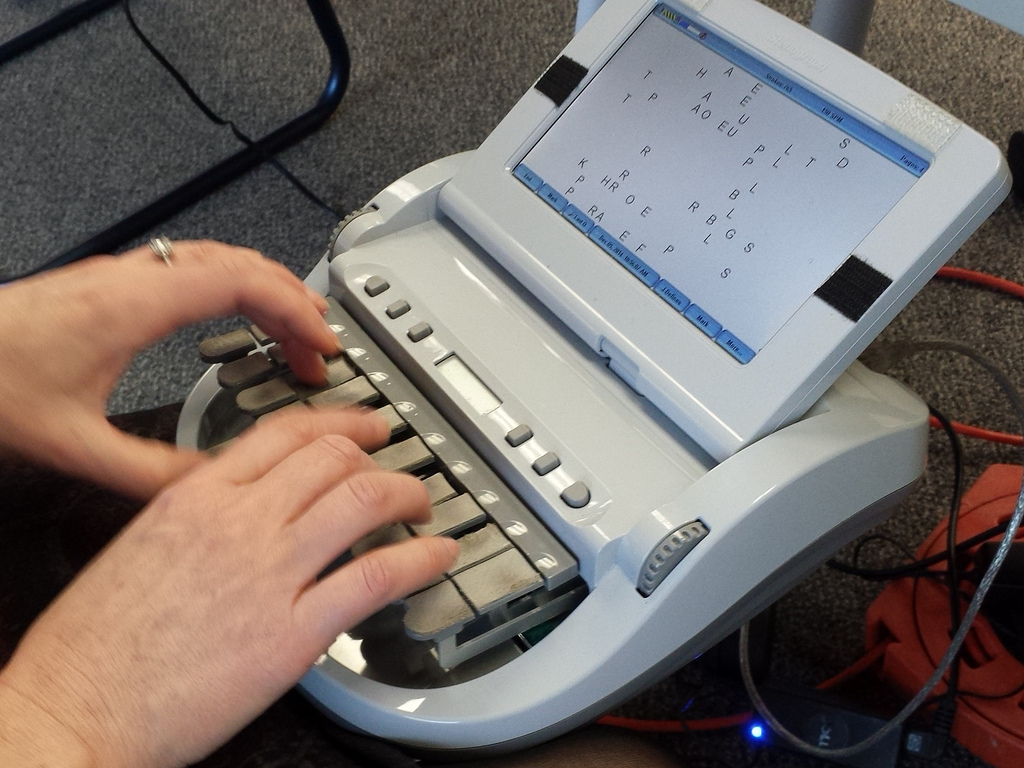 Recent studies were done that caught the eye of CourtScribes regarding a likely court reporter shortage. The study found that the gap between the number of available stenographers and the demand for their services nationwide continues to increase year over year. This is no surprise as we have reported on this many times.
Recent studies were done that caught the eye of CourtScribes regarding a likely court reporter shortage. The study found that the gap between the number of available stenographers and the demand for their services nationwide continues to increase year over year. This is no surprise as we have reported on this many times.
This problem has been consistent for seven years now and the shortage is impossible to ignore. This is a reality that the COVID-19 pandemic couldn’t even mask.
No firm has been immune to the impact of this court reporter shortage, especially firms located in the most litigious states like California, New York, Illinois, Texas and Florida. However, there are plenty of misconceptions about the national court reporter shortage.
Interestingly enough, some believe that there is no shortage at all despite all the evidence. There are some misconceptions about what is going on in the industry.
Misconception #1: Can’t we just train more stenographers?
This is easier said than done, especially when statistical data proves that such a proposition is near impossible.
Why is this happening? It was found that 70% of stenographers were over the age of 46. As the current population of stenographers continues to progress towards retirement, there are not enough new stenographers from younger generations entering the field to help close the gap.
Misconception #2: The shortage won’t affect us.
While you might think that only the “big” litigation states will be impacted by this shortage, each state will face the devastating lack of court reporters sooner than later.
As of 2019, 82,000 new students enrolled in court reporting training programs nationwide each year to overcome the deficit. This dropped dramatically in 2019 where there were only about 2,500 new enrollments. Now imagine that the average graduation rate is 10% and you’re talking about a maximum of only 125 new court reporters into the market.
You can see how the shortage is affecting all of the states. Combine this with our new remote work environments brought on by the COVID-19 pandemic and there are even fewer court reporters available.
Misconception #3: There are no alternatives to stenography to combat the shortage.
While stenography is the gold standard for capturing a verbatim record of a proceeding, there are other court reporting methodologies available that are both accurate and flexible and provide the same finished product.
Voice writing offers an alternative to stenographers. A voice writer speaks into a steno mask, capturing a verbatim record of the proceeding, while speech-recognition technology converts the recorded audio into text.
Digital reporting is another court reporting method that has gained more widespread adoption in recent years. In fact, courthouses and law firms across the US have been successfully using digital reporting for years as their sole means of recording hearings and trials.
As the supply of available court reporters continues to widen each year, it’s becoming increasingly more important for legal professionals to understand and recognize the potential implications for their practice. While stenography will always remain the gold standard, there are additional court reporting methodologies that offer accurate, affordable and flexible solutions.
If you need court reporting services (with a little more experience than Lumsden) that handle digital recoding then CourtScribes.com which supports all states and programs that aid in the court reporting world are ready to serve you in your court reporting, videography services, interpreters, live-streaming, and video-to-text synchronization.
Although the majority of cities that offer CourtScribes’ services are in Florida, the company home base, other cities all across these United States that CourtScribes offers services in, are the following: Jacksonville, Miami, Tampa, Port St. Lucie, Fort Lauderdale, Cape Coral, Coral Springs, Clearwater, Palm Bay, Fort Myers, Weston, Sarasota, Orlando, St. Petersburg, Hialeah, Stuart, Hollywood, Naples, West Palm Beach, Boca Raton, Deerfield Beach, Jupiter, Key West, Coral Gables, Maryland, Manhattan, Buffalo, Washington DC, Baltimore, Bowie, Virginia, Frederick, Albany, New York, Brooklyn, Westchester, Gaithersberg, and Rockville.
 the terms court reporter and stenographer interchangeably, but there are a few key differences that distinguish them from each other. If you’re going to hire a court reporter or a stenographer, you should know the difference between the two so you can make the best decision. Here’s an overview highlighting the biggest and most important differences between court reporters and stenographers.
the terms court reporter and stenographer interchangeably, but there are a few key differences that distinguish them from each other. If you’re going to hire a court reporter or a stenographer, you should know the difference between the two so you can make the best decision. Here’s an overview highlighting the biggest and most important differences between court reporters and stenographers. 
 reporters are in demand as the shortage continues to put a strain on legal professionals looking for reliable court reporting services. If you have ever wondered what it’s like to be a court reporter, you’ll want to check this out! Here’s what you should know about what being a court reporter is like.
reporters are in demand as the shortage continues to put a strain on legal professionals looking for reliable court reporting services. If you have ever wondered what it’s like to be a court reporter, you’ll want to check this out! Here’s what you should know about what being a court reporter is like.  it isn’t broken, don’t fix it. When you find a reliable court reporting service that fulfills all of your needs at a reasonable price, why switch? Here’s why you should stick with CourtScribes after giving us a try.
it isn’t broken, don’t fix it. When you find a reliable court reporting service that fulfills all of your needs at a reasonable price, why switch? Here’s why you should stick with CourtScribes after giving us a try. 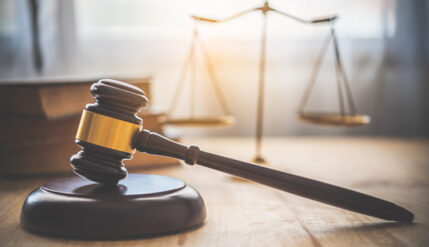 the most valuable functions of any court reporter is to provide the court with accurate and timely records. When a court reporter records a deposition, that record, whether it’s in print or on video, plays an incredibly important role in any court case.
the most valuable functions of any court reporter is to provide the court with accurate and timely records. When a court reporter records a deposition, that record, whether it’s in print or on video, plays an incredibly important role in any court case.  core of every court case, you will find a series of depositions. Many court cases are driven by the information revealed in depositions. Considering how much influence depositions can have on the outcome of a case, the responses that are given during a deposition should be recorded as accurately as possible.
core of every court case, you will find a series of depositions. Many court cases are driven by the information revealed in depositions. Considering how much influence depositions can have on the outcome of a case, the responses that are given during a deposition should be recorded as accurately as possible. 
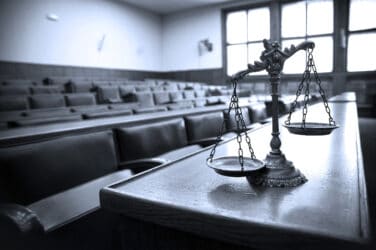 good court reporter takes their job very seriously. Why? It’s about more than getting a paycheck, it’s about the countless people that depend on court reporters for their accuracy and efficiency every single day. Here’s what happened when a Detroit judge decided to use inaccurate court recordings.
good court reporter takes their job very seriously. Why? It’s about more than getting a paycheck, it’s about the countless people that depend on court reporters for their accuracy and efficiency every single day. Here’s what happened when a Detroit judge decided to use inaccurate court recordings. 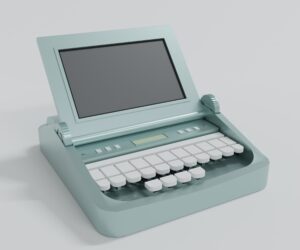 don’t really think about what it takes to be a court reporter until they either go into the industry themselves or need to rely on one during a deposition. Court reporters might work in the background, but the work they do helps legal professionals who are at the forefront of virtually every court case. Here are some curious facts about court reporters.
don’t really think about what it takes to be a court reporter until they either go into the industry themselves or need to rely on one during a deposition. Court reporters might work in the background, but the work they do helps legal professionals who are at the forefront of virtually every court case. Here are some curious facts about court reporters.  reporter prides themself on their accuracy and eye for detail. Everyone makes mistakes, but in the court reporting industry, there simply isn’t any room for error. One simple mistake can throw an entire court case off course. Here’s what can happen when a court reporter makes a mistake and why you should partner with CourtScribes.
reporter prides themself on their accuracy and eye for detail. Everyone makes mistakes, but in the court reporting industry, there simply isn’t any room for error. One simple mistake can throw an entire court case off course. Here’s what can happen when a court reporter makes a mistake and why you should partner with CourtScribes.  serious court reporter shortage since the early months of the pandemic of COVID-19. That shortage has yet to be corrected as many litigators are still struggling to find qualified court reporters, stenographers, and videographers to fill the demand. Here’s what the ongoing court reporter shortage means for you.
serious court reporter shortage since the early months of the pandemic of COVID-19. That shortage has yet to be corrected as many litigators are still struggling to find qualified court reporters, stenographers, and videographers to fill the demand. Here’s what the ongoing court reporter shortage means for you.  have probably worked with plenty of different court reporters before. CourtScribes has established itself as one of the most professional court reporting solutions for Judges and attorneys alike. Here’s an overview of some of the many benefits you’ll get from working with us as a Judge.
have probably worked with plenty of different court reporters before. CourtScribes has established itself as one of the most professional court reporting solutions for Judges and attorneys alike. Here’s an overview of some of the many benefits you’ll get from working with us as a Judge. 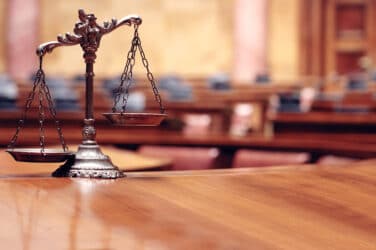 might be tempted to save a few bucks by opting to hire a freelance court reporter instead of going with a more established, professional stenography service. While taking on a freelance court reporter might sound like a good idea on the surface, you will find that most freelancers are no match for professional stenography services like CourtScribes, here’s why.
might be tempted to save a few bucks by opting to hire a freelance court reporter instead of going with a more established, professional stenography service. While taking on a freelance court reporter might sound like a good idea on the surface, you will find that most freelancers are no match for professional stenography services like CourtScribes, here’s why.  much more common practice in the courtroom today. As an attorney, it’s important to familiarize yourself with videography services so you know what to expect and how you can benefit from them.
much more common practice in the courtroom today. As an attorney, it’s important to familiarize yourself with videography services so you know what to expect and how you can benefit from them. 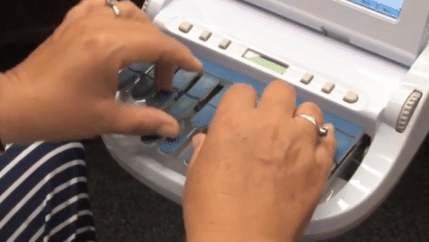 What’s that thing court reporters are always typing on? This is a question that
What’s that thing court reporters are always typing on? This is a question that 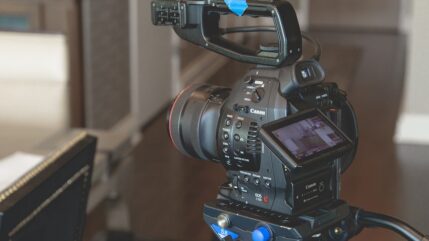 As
As  Technology has seen an increase in jobs being taken over by their mechanical counterparts. This is just a sign of technological times. Some people believe that the court reporter may soon be one of the jobs that loses its value when this much technology is available. However, certain jobs, such as this one, requires a human quality to properly function.
Technology has seen an increase in jobs being taken over by their mechanical counterparts. This is just a sign of technological times. Some people believe that the court reporter may soon be one of the jobs that loses its value when this much technology is available. However, certain jobs, such as this one, requires a human quality to properly function.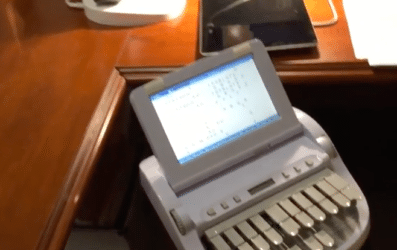 The
The 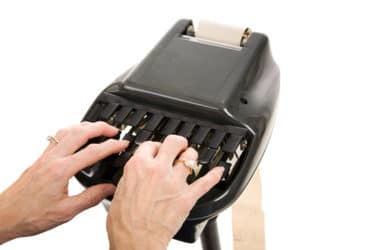 As time has gone forward, technology jobs increase as more mechanical-type jobs go by the wayside. In court reporting circles, that you have read about here at
As time has gone forward, technology jobs increase as more mechanical-type jobs go by the wayside. In court reporting circles, that you have read about here at 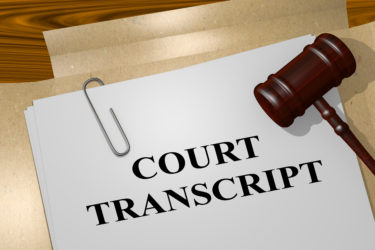 CourtScribes
CourtScribes Court reporting is a tough job.
Court reporting is a tough job.  CourtScribes likes to spread the love. So we are happy to announce that The National Court Reporters Association (NCRA), which is the country’s leading organization representing stenographic court reporters and captioners, has announced that Sonja L. Reeves has earned the nationally recognized
CourtScribes likes to spread the love. So we are happy to announce that The National Court Reporters Association (NCRA), which is the country’s leading organization representing stenographic court reporters and captioners, has announced that Sonja L. Reeves has earned the nationally recognized 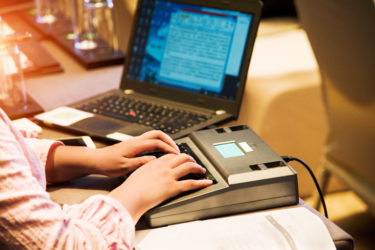 CourtScribes
CourtScribes 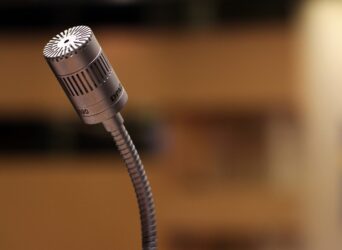 Stenograph, LLC, which is a leader in legal transcription technology, announced that a project called Phoenix, an
Stenograph, LLC, which is a leader in legal transcription technology, announced that a project called Phoenix, an  Stenography is one of the most identifiable methods of recording the spoken word. Stenographers have been a familiar sight in courtrooms for the better part of the past centuries. Stenography, in short, is the act of recording spoken words through shorthand using a stenotype machine.
Stenography is one of the most identifiable methods of recording the spoken word. Stenographers have been a familiar sight in courtrooms for the better part of the past centuries. Stenography, in short, is the act of recording spoken words through shorthand using a stenotype machine. You probably already are well familiar from this site that court stenographers are people trained to type and write in shorthand, which allows them to write as fast as people can speak. It is believed that 180 Words Per Minute is the ‘speed of speech’. Stenographers document and record everything that takes place in the courtroom. This makes them an integral part of court hearings across the world. In this article, we are going to break down what stenography is, and explain why it is important in law.
You probably already are well familiar from this site that court stenographers are people trained to type and write in shorthand, which allows them to write as fast as people can speak. It is believed that 180 Words Per Minute is the ‘speed of speech’. Stenographers document and record everything that takes place in the courtroom. This makes them an integral part of court hearings across the world. In this article, we are going to break down what stenography is, and explain why it is important in law.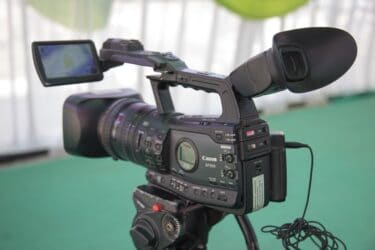 As
As 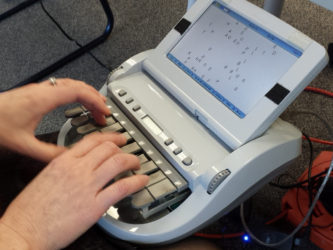
 If you want to get to know CourtScribes and what exactly it is that they do, you are in the right place.
If you want to get to know CourtScribes and what exactly it is that they do, you are in the right place.  We at
We at 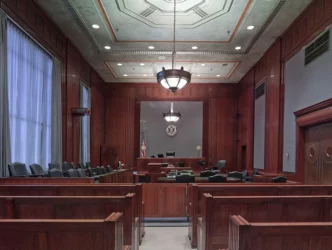 We are guilty of being biased here at
We are guilty of being biased here at 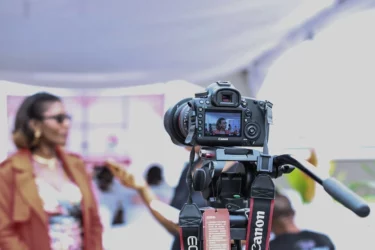
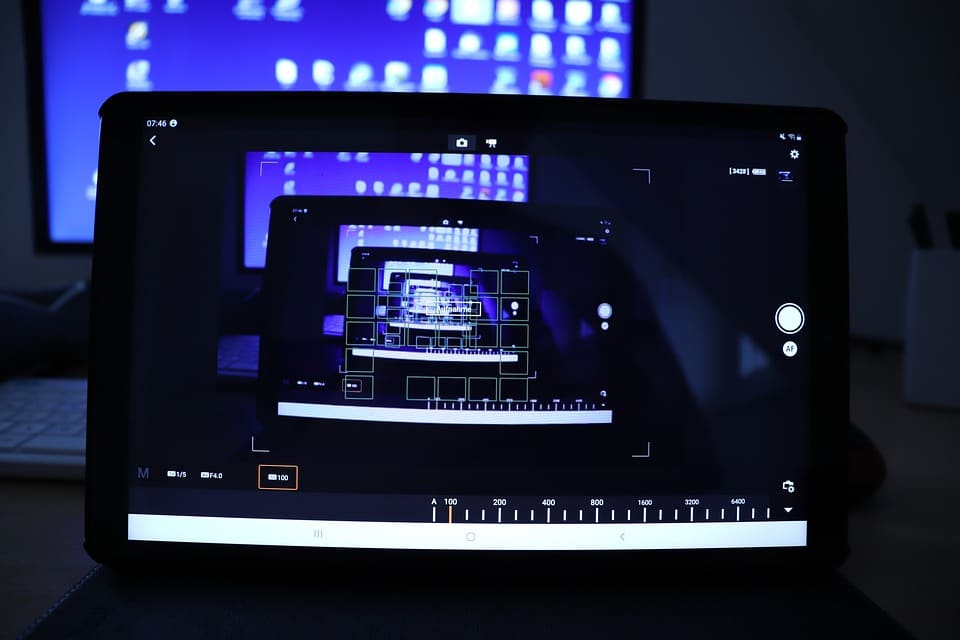 Depositions are a key factor in a court case. In fact, they may be one of the most important factors in the decision-making process of a trial. In order for attorneys and other law participants to obtain valid information regarding the case, they must go through the process of deposition.
Depositions are a key factor in a court case. In fact, they may be one of the most important factors in the decision-making process of a trial. In order for attorneys and other law participants to obtain valid information regarding the case, they must go through the process of deposition.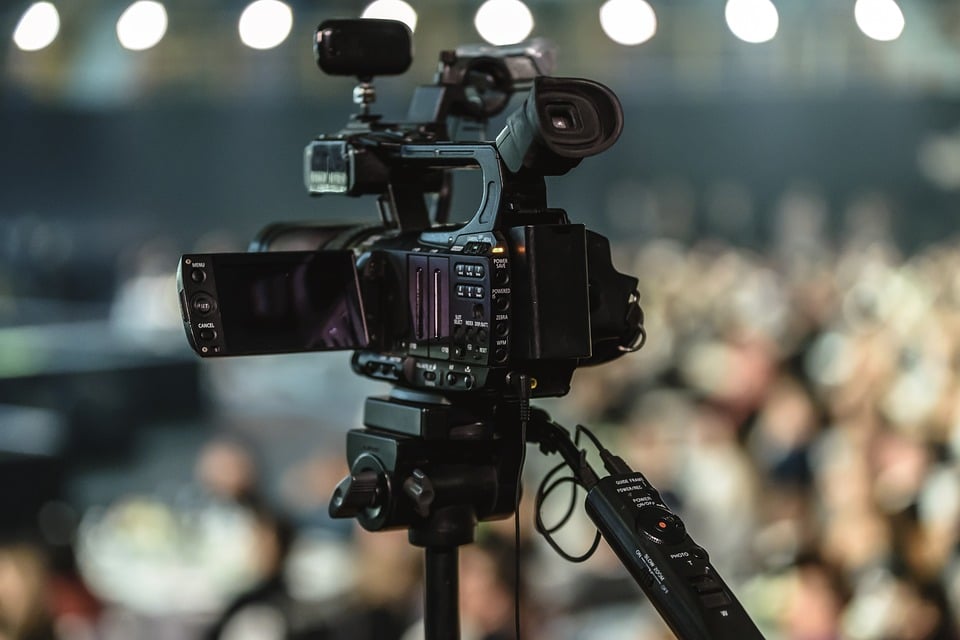 CourtScribes
CourtScribes Recent studies were done that caught the eye of CourtScribes regarding a likely court reporter shortage. The study found that the gap between the number of available stenographers and the demand for their services nationwide continues to increase year over year. This is no surprise as we have reported on this many times.
Recent studies were done that caught the eye of CourtScribes regarding a likely court reporter shortage. The study found that the gap between the number of available stenographers and the demand for their services nationwide continues to increase year over year. This is no surprise as we have reported on this many times. The
The 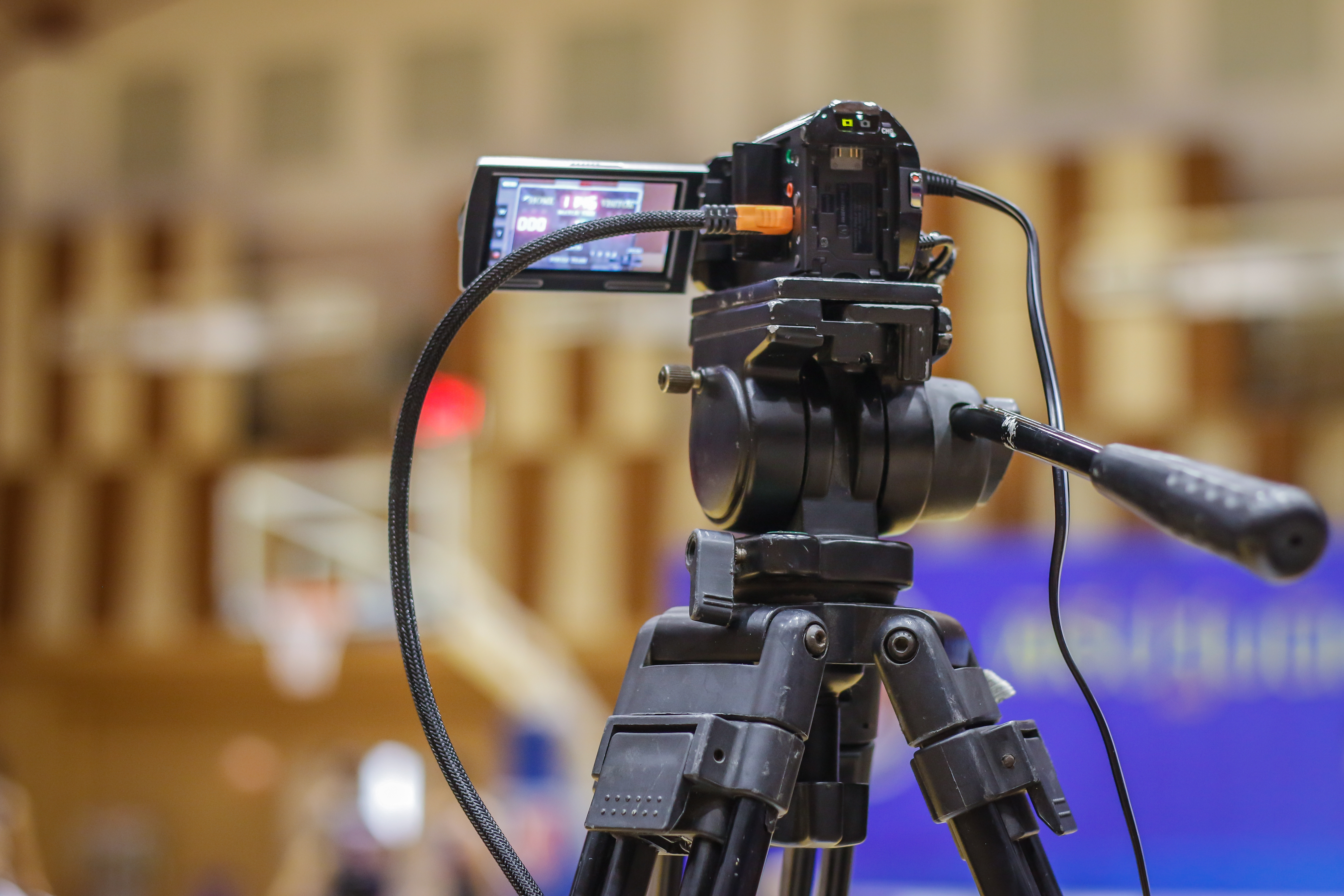 As we have discussed many times here at CourtScribes, remote depositions became more prevalent in the midst of the COVID-19 pandemic. But we now have an interesting conundrum. Court reporters have refused to use video to record depositions because they were not certified to do so. This led to some attorneys taking the job upon themselves even though very few attorneys have had a chance to “test” the use of self-recorded video depositions at trial.
As we have discussed many times here at CourtScribes, remote depositions became more prevalent in the midst of the COVID-19 pandemic. But we now have an interesting conundrum. Court reporters have refused to use video to record depositions because they were not certified to do so. This led to some attorneys taking the job upon themselves even though very few attorneys have had a chance to “test” the use of self-recorded video depositions at trial.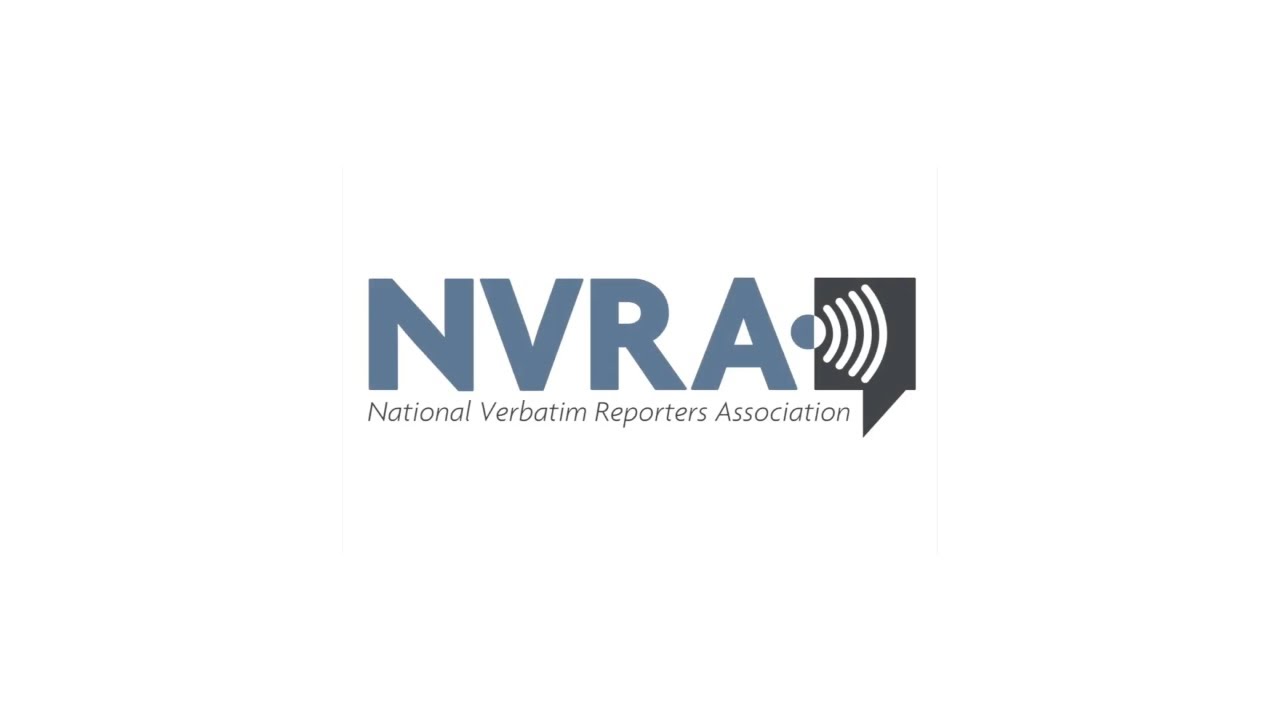 Like any career, there are some that are more accredited than others. This is true for those in stenography as well. Here is an introduction to the levels that stenographers can achieve according to the NCRA aka National Court Reporters Association.
Like any career, there are some that are more accredited than others. This is true for those in stenography as well. Here is an introduction to the levels that stenographers can achieve according to the NCRA aka National Court Reporters Association. One thing that
One thing that  Project Steno
Project Steno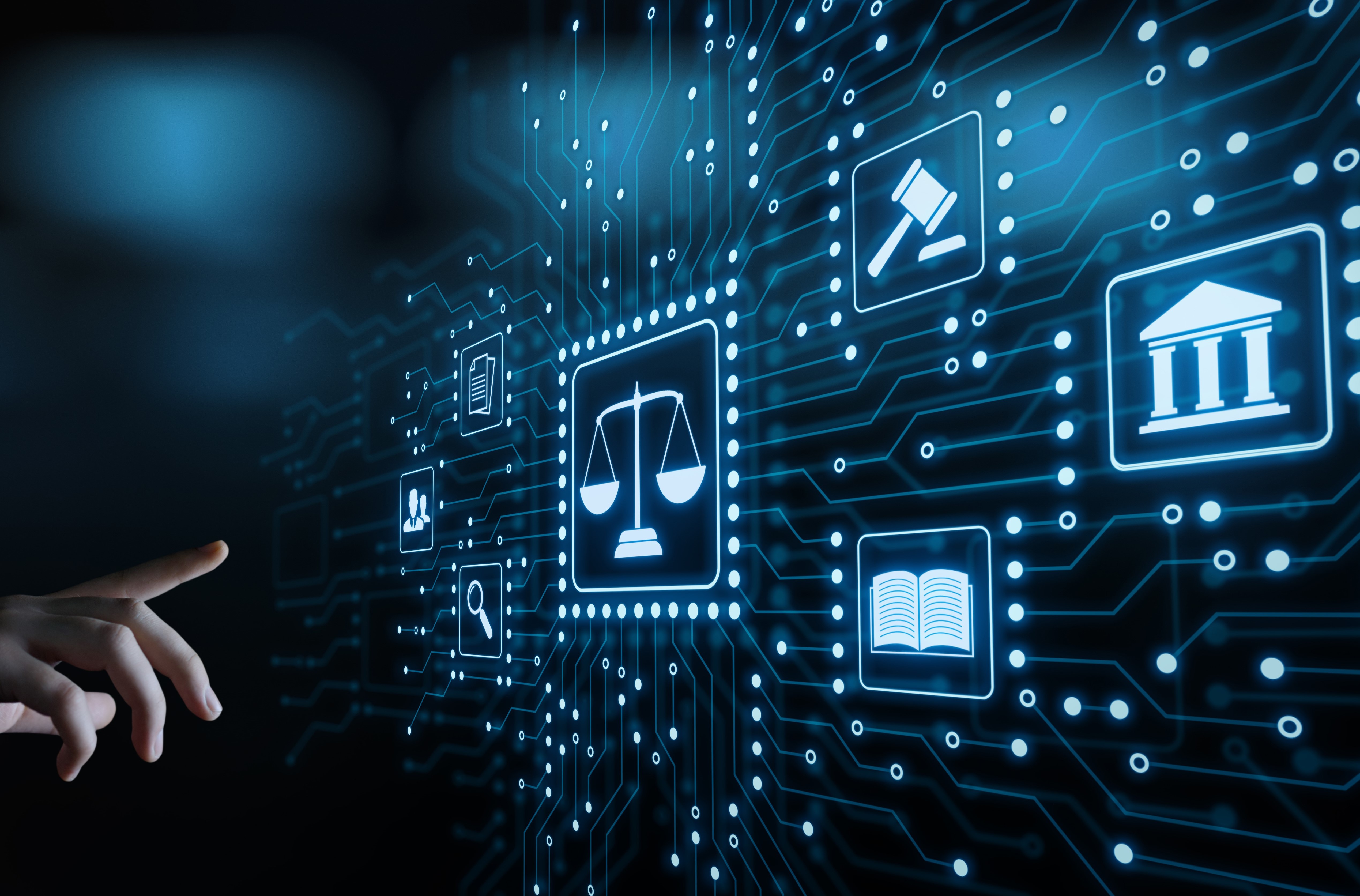 Much like in the US, the UK justice system has also had to adapt to virtual settings (like Zoom meetings) throughout the pandemic. But it is not just lawyers and judges who have felt these perils. Court reporters have also experienced a period of adjustment.
Much like in the US, the UK justice system has also had to adapt to virtual settings (like Zoom meetings) throughout the pandemic. But it is not just lawyers and judges who have felt these perils. Court reporters have also experienced a period of adjustment. We have all seen that person in the courtroom typing away superfast on something that “kinda looks like a typewriter”. They are typing away because they are taking down all of the information to create a record of the events in that courtroom. And while that is not a typewriter they are typing on, it is actually called a stenotype. It is also known as a shorthand machine, steno writer, or chorded keyboard. And what that stenotype is doing, is recording in shorthand.
We have all seen that person in the courtroom typing away superfast on something that “kinda looks like a typewriter”. They are typing away because they are taking down all of the information to create a record of the events in that courtroom. And while that is not a typewriter they are typing on, it is actually called a stenotype. It is also known as a shorthand machine, steno writer, or chorded keyboard. And what that stenotype is doing, is recording in shorthand.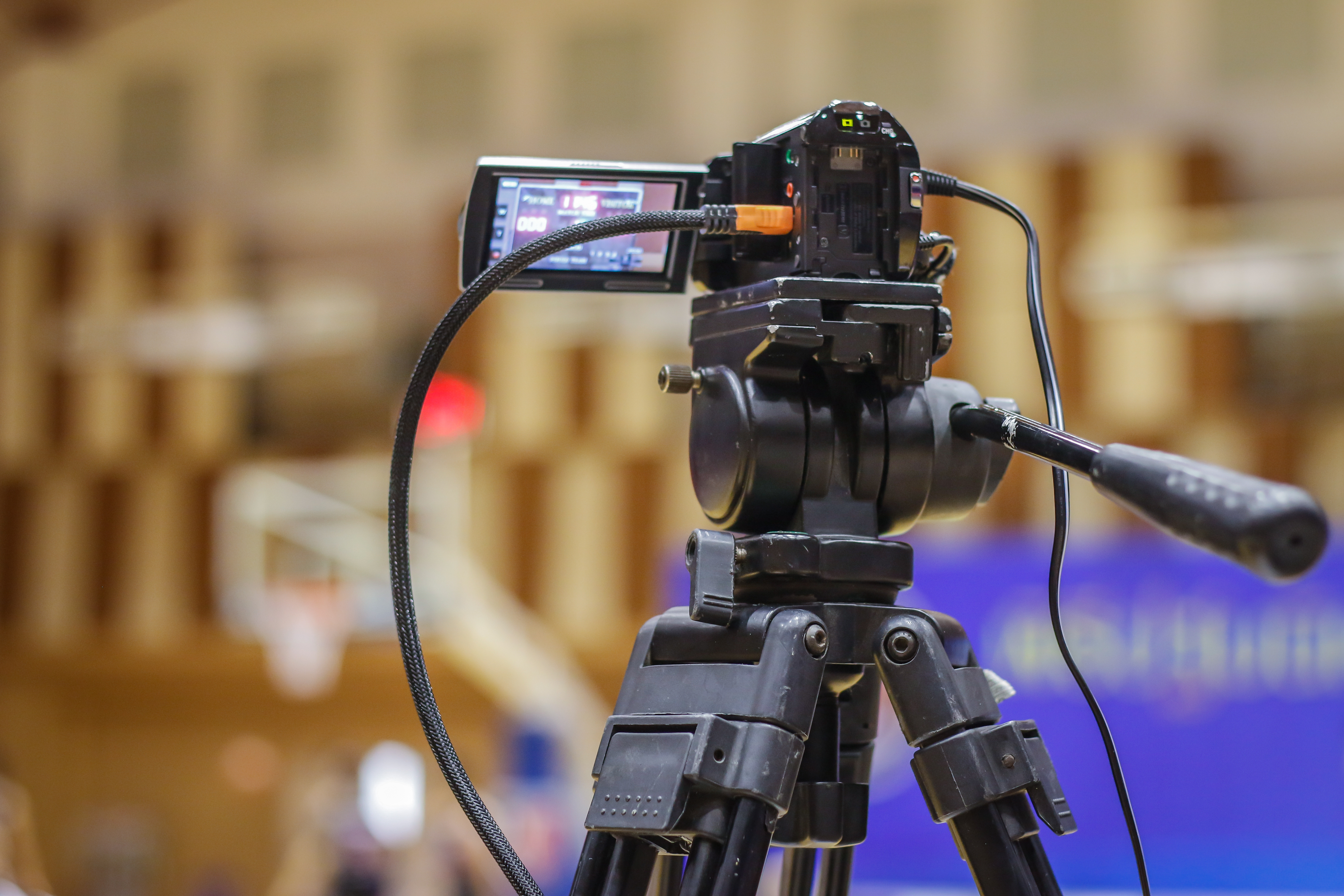 If you are in need of court reporting services, the team at
If you are in need of court reporting services, the team at  Nobody was surprised when Hyundai Motors, the Korean automaker, planned to appeal after a Racine County, Wisconsin jury returned a $38.1 million verdict against the company.
Nobody was surprised when Hyundai Motors, the Korean automaker, planned to appeal after a Racine County, Wisconsin jury returned a $38.1 million verdict against the company.
 Due to the COVID-19 outbreak,
Due to the COVID-19 outbreak, 